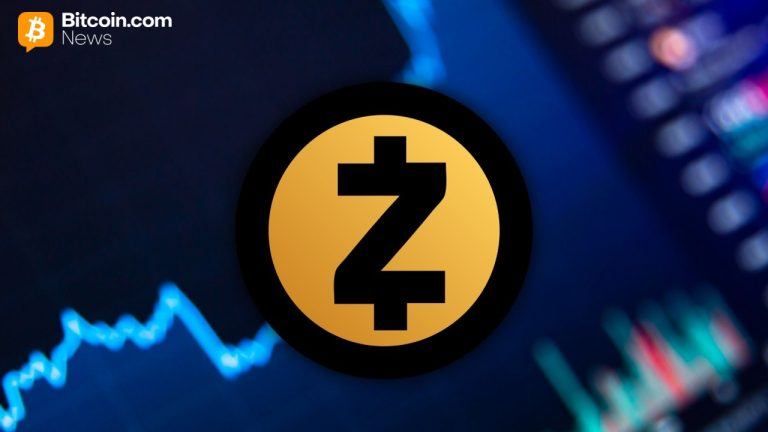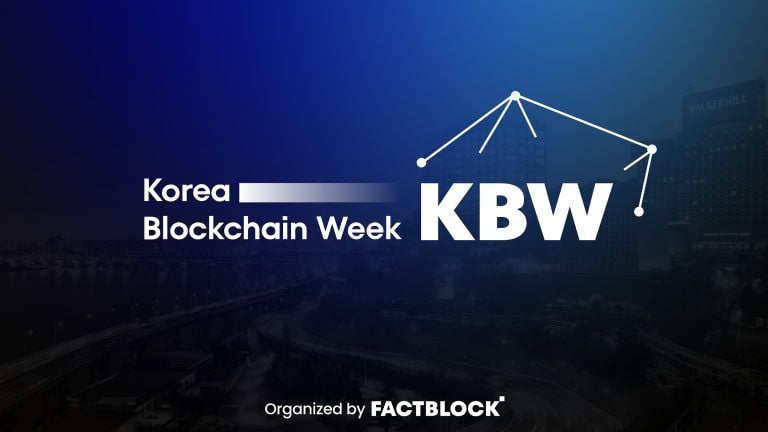Hong Kong Judge Rules Crypto Assets as ‘Property,’ Following Similar Rulings Worldwide – Bitcoin News
3 min read
In a court case linked to the now-defunct crypto exchange Gatecoin, a Hong Kong judge has ruled that cryptocurrencies are “property” which is “capable of being held on trust.” According to the law firm Hogan Lovells, this case should provide greater clarity to insolvency practitioners and other common law jurisdictions.
Hong Kong Judge Designates Crypto Assets as ‘Property’ That Can Be ‘Held on Trust’
According to a summary of the ruling published on April 18, 2023, judge Linda Chan in Hong Kong has classified crypto assets as “property.” The decision was made in connection with the Gatecoin crypto exchange liquidation court case from 2019. Law firm Hogan Lovells opines that this decision provides clarity to officials, regulators, and other common law jurisdictions. In the United States, there is currently a debate in Congress about whether certain crypto assets should be classified as securities or commodities.
At the beginning of the Gatecoin liquidation process, liquidators had difficulty determining whether crypto assets constituted a form of property. According to the Hogan Lovells summary, judge Chan has defined crypto assets as a type of property that can be “held on trust.” Hogan Lovells notes that this ruling “should provide greater clarity to Hong Kong insolvency practitioners regarding the nature and scope of a company’s digital assets in a winding-up scenario.” The law firm adds:
The confirmation that holdings of cryptocurrencies constitute ‘property’ that is on a par with other intangible assets such as stocks and shares, brings Hong Kong into line with other common law jurisdictions whose courts have already decided the issue.
Judges in various court cases around the world have issued similar rulings. For example, last year, an intermediate court in Beijing, China ruled that virtual property is protected by Chinese law. Additionally, China’s Supreme Court has recommended increasing the legal protection of property rights that include crypto assets and virtual property. Research indicates that most countries consider virtual currencies as property, while others and regulatory agencies have yet to make a decision.
What are your thoughts on the classification of crypto assets as “property” by Judge Chan in Hong Kong, and how do you think this ruling will impact the treatment of crypto assets in insolvency cases and other common law jurisdictions around the world? Share your thoughts about this subject in the comments section below.
Image Credits: Shutterstock, Pixabay, Wiki Commons
Disclaimer: This article is for informational purposes only. It is not a direct offer or solicitation of an offer to buy or sell, or a recommendation or endorsement of any products, services, or companies. Bitcoin.com does not provide investment, tax, legal, or accounting advice. Neither the company nor the author is responsible, directly or indirectly, for any damage or loss caused or alleged to be caused by or in connection with the use of or reliance on any content, goods or services mentioned in this article.
Read disclaimer




